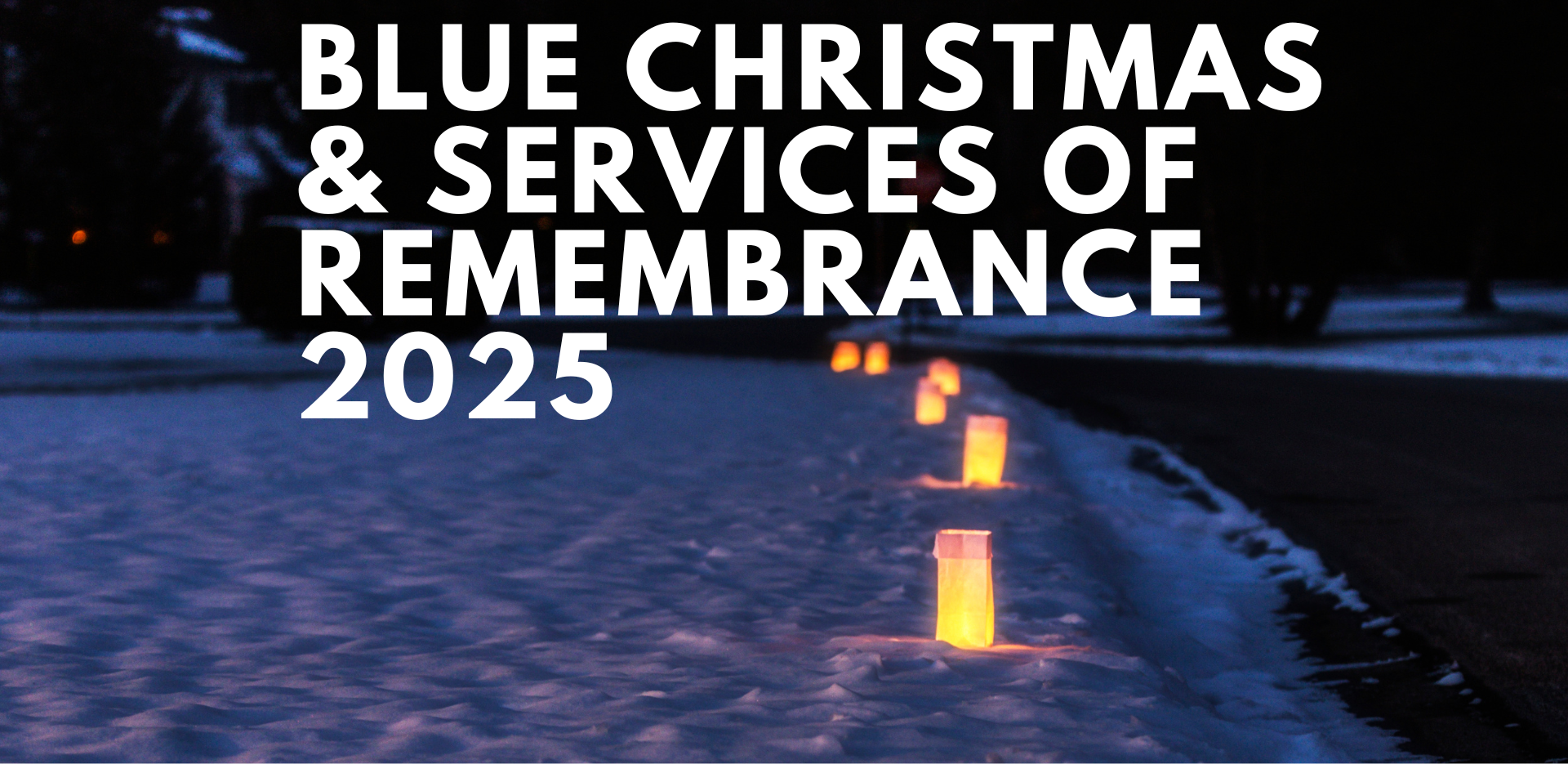Should AI Help Us Live Forever?
Are We Trying to Outsmart Grief?
Every now and then something crosses my screen that just stops me in my tracks. This week it was an advertisement for a brand-new AI app—created by a former Disney Channel actor—that promises to let you create a talking, interactive avatar of someone who has died.
The promo video shows a woman speaking to a digital recreation of her deceased mother—an avatar generated from just three minutes of video footage. The avatar appears at life events for decades to come: birthdays, holidays, even the birth of her grandson. At the end of the ad, the company declares:
“With three minutes, you can make someone last forever.”
For someone who has spent decades walking alongside families in grief, that line hit me hard.
Because I understand the longing behind it. The desire for just one more moment… one more chance to hear a familiar laugh… one more chance to say thank you, or I love you, or I’m sorry. Those feelings are real and they run deep.
The Internet’s Reaction Was Immediate
The ad went viral—over 22 million views—and the backlash was fierce. People called it dystopian, manipulative, even “evil.” Many compared it to an episode of Black Mirror, where a grieving girlfriend creates an AI replica of her boyfriend after he dies, and, not surprisingly, it ends in tragedy.
Critics used words like:
- “Dehumanizing”
- “Profiting off grief”
- “My value dies with me. I’m not an avatar.”
That’s a strong reaction, and it tells us something important:
People are afraid that technology might replace the real human process of grief.
The Real Danger
Grief hurts because something permanent has happened. A life has ended. And there is a sacredness in that finality.
The emotional work of grief isn’t something we can bypass, no matter how advanced the technology becomes. In fact, trying to avoid the pain only prolongs the suffering.
The first 10–12 days after a death—what we call the Acute Loss Period—are tender and overwhelming. During that time, families are vulnerable, raw, and unsure. That’s when ceremony matters most. That’s when we need community the most. That’s when we start the real emotional transaction of adapting to a world without someone we love.
A hologram or a digital clone may look comforting…
But it can’t replace the healing that happens when human beings come together, cry together, share stories, and mark an ending with meaning.
Why It Matters for the Future
If we’re not careful, we risk letting technology turn grief into an illusion instead of transformation.
We risk trying to hold on so tightly that we stop learning how to let go.
And I believe with every fiber of my being:
Life has meaning because it ends.
Our days matter because they’re limited. Our relationships are precious because we only get so many of them.
What we leave behind isn’t a digital puppet programmed to say the right things.
It’s the love we gave, the stories we told, the people we shaped, and the memories that live in real human hearts.
A Healthier Way Forward
AI isn’t going away, and it doesn’t have to be the enemy. Used thoughtfully, it can help us honor a life—repairing old photos, sharing memories, preserving stories, even helping families craft meaningful ceremonies.
But trying to digitally resurrect someone who’s gone is a line we should approach with caution and respect.
Legacy is not found in a hologram.
Legacy is found in the way we live our lives, and in the people whose lives we touched.
Thanks for reading, and thanks for being part of a community that understands the importance of real connection and the value of honoring a life with ceremony and compassion.
Gratefully,
Scott








